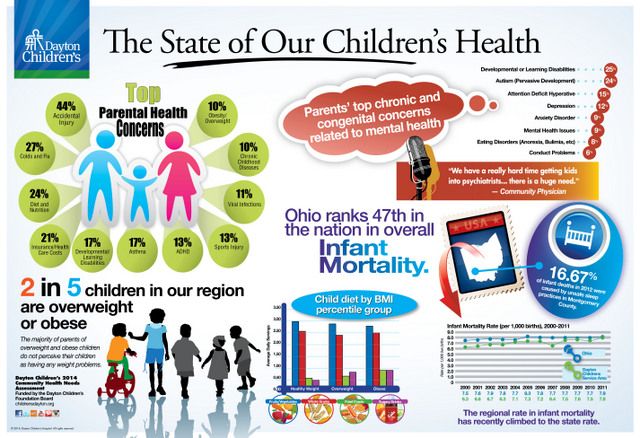Pediatric health concerns refer to the medical issues that affect children from birth through adolescence. As youngsters grow and develop, they face a unique set of health challenges that require specialized care and attention. This article will delve into some of the most common pediatric health concerns, providing valuable insights for parents, caregivers, and healthcare professionals.
1. Vaccinations
Vaccinations play a crucial role in preventing the spread of diseases amongst children. They protect against life-threatening illnesses such as measles, mumps, rubella, hepatitis, polio, and more. It is essential for parents to stay updated with the recommended immunization schedule suggested by healthcare providers to ensure that their child receives the necessary vaccinations at the right age.
2. Respiratory Issues
Children are more susceptible to respiratory problems such as asthma, bronchitis, and pneumonia due to their developing lungs and immature immune systems. These conditions can cause difficulty in breathing, coughing, wheezing, and chest congestion. It is vital for parents to promptly seek medical attention if their child experiences persistent or severe respiratory symptoms.
3. Allergies
Allergies are common in children, with food allergies and environmental allergies being the most prevalent. Food allergies can range from mild to life-threatening, and it is crucial for parents to identify and avoid allergens and carry necessary medications like EpiPen if required. Environmental allergies, such as pollen or pet allergies, can cause symptoms like sneezing, itching, and congestion. Parents should consult pediatricians for appropriate allergy testing and management.
4. Obesity and Nutrition
The prevalence of childhood obesity has been on the rise in recent years, posing significant health risks. Poor nutrition, sedentary lifestyle, and excessive screen time contribute to this epidemic. Parents should focus on providing a balanced diet rich in fruits, vegetables, whole grains, and lean proteins while limiting the consumption of sugary beverages and processed foods. Encouraging physical activity and reducing screen time are also crucial for maintaining a healthy weight.
5. Mental Health
Mental health concerns in children have gained attention in recent years. Conditions like anxiety, depression, attention deficit hyperactivity disorder (ADHD), and autism spectrum disorders can significantly impact a child's well-being. Early detection, intervention, and seeking appropriate support from mental health professionals are essential. Creating a supportive environment and open communication can also contribute to positive mental health outcomes.
6. Infectious Diseases
Pediatric infectious diseases encompass a wide range of illnesses, including but not limited to common colds, influenza, strep throat, ear infections, and gastrointestinal infections. Proper hand hygiene, vaccination, and maintaining a clean environment can help prevent the spread of infectious diseases among children. Timely medical intervention and adherence to prescribed treatments are crucial for a speedy recovery.
7. Developmental Milestones
Tracking developmental milestones in children is vital to detect any potential delays or disabilities early on. Motor skills, language development, cognitive abilities, and social-emotional milestones should be monitored. Regular check-ups with pediatricians and appropriate referrals to specialists can provide necessary interventions and support for optimal development.
Conclusion
Pediatric health concerns cover a broad spectrum of conditions and issues that impact children's well-being. By staying informed, seeking professional guidance, and actively engaging in preventive measures, parents and caregivers can ensure the health and happiness of the young ones in their care. Regular pediatric check-ups, healthy lifestyle choices, and timely medical interventions are key to addressing and managing pediatric health concerns effectively.


